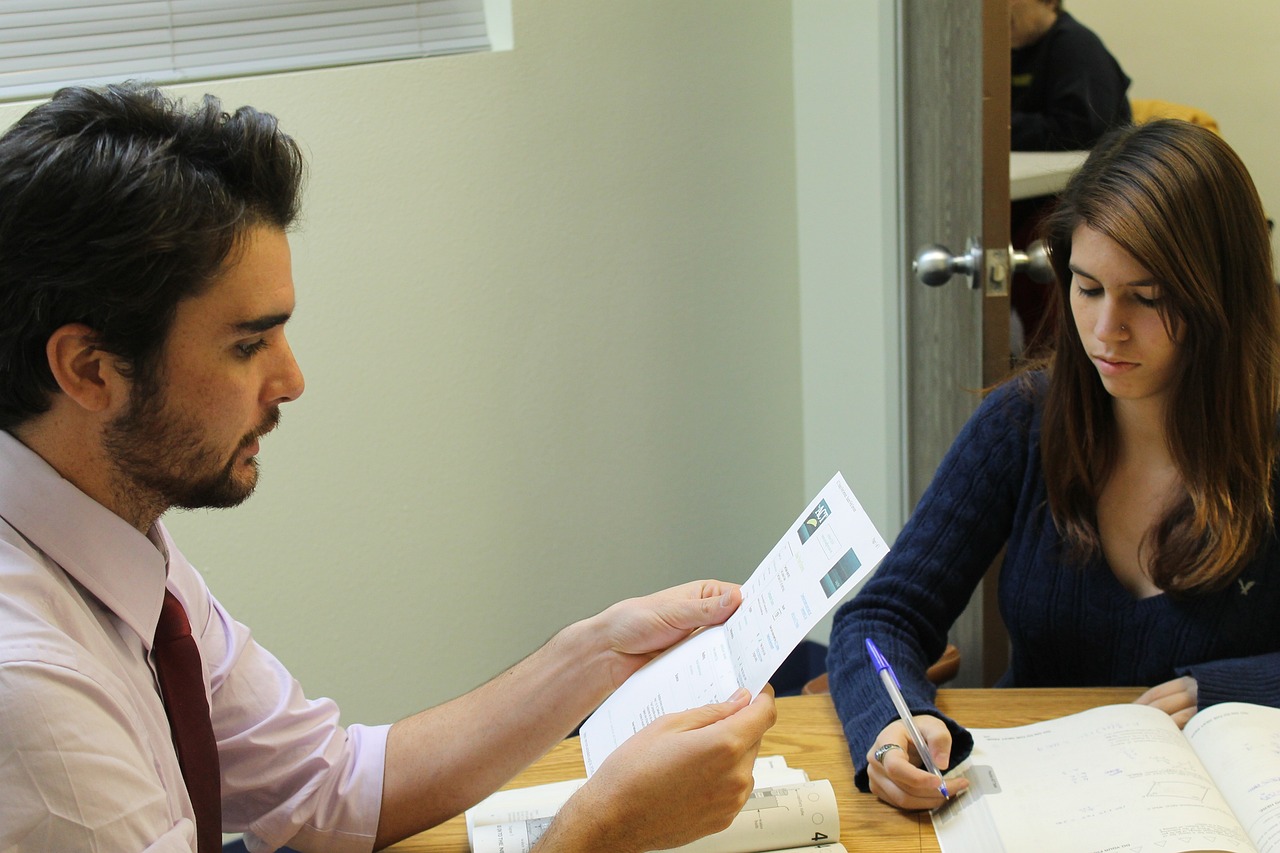
September 13, 2023, by Aisia Lea
What is a Personal Tutor?
You might have heard about people talking about personal tutors before you get to uni, for example, if your parents or siblings have gone to university. However, if you’re anything like me, I had no idea what to expect from the personal tutoring programme at Nottingham. I didn’t know how often we’d expect to meet, what would be expected of me, and how to get the most out of the programme. This blog post will explain a bit more!
Every student at the University is allocated a personal tutor (unless you’re in the schools of Law or Psychology, in which case you’re part of a new pilot project where you get a support network instead!) to support them during their time at University. Your personal tutor will likely be someone who is associated with your school and has an understanding of how your course works and some of the subject matter.
People can have varying experiences with their personal tutor. Some people get on really well with them and become well acquainted, and for other people, they don’t necessarily jive as well and their personalities may not quite match. It’s important that if you don’t feel like you are getting on with your personal tutor or are having issues with your pairing, you should get in contact with the head of personal tutoring in your school. The personal tutor programme is created with you in mind and should benefit you, so if you don’t feel as though it’s working, do reach out.
How many meetings are expected of me?
The amount of meetings you have with your personal tutor may vary based on your needs and your school’s requirements. You may only want to meet with your tutor once a semester, or as frequently as weekly check-ins. It’s up to you how you contact your personal tutor, whether it be by email, a Teams call, by phone, or in person.
What can a personal tutor help with?
Your personal tutor can support you in your personal and professional development, and may support you on topics such as wellbeing, health, interests and hobbies, academic development, planning and organisation, finance, careers, and skills acquisition. During your meetings, you can set goals and action plans for how you hope to achieve these goals. Your personal tutor should also be able to signpost you to relevant people and resources in the University should you require it.
Who can I contact if I need help?
Each school will also have a senior tutor (or a group of senior tutors) that are responsible for overseeing the personal tutoring programme. You can reach out to one of your school’s senior tutors if you are having a problem that you would like to discuss.
What is my role as a student in the personal tutoring programme?
Regarding your responsibilities as a student within the personal tutoring programme, you are expected to engage with the scheme to the best of your ability. You should attend all scheduled meetings with your tutor, or let them know in an ample amount of time if you cannot make the meeting. It’s also important to know that you may require references when you enter the workplace and your personal tutor can serve as this reference provided that you have kept them up to date on your academic progress. They need to know you in order to write a reference!
Whilst the personal tutor programme is supposed to run smoothly and be to your benefit, it doesn’t always go to plan. This may be because you just don’t get on with your personal tutor, they are not giving you the support that you need, or the communication between the both of you is not up to par. If any of these things happen, get in touch with your school to see if you can be allocated a better-suited personal tutor. For more information about the personal tutoring programme, visit the University’s website.
No comments yet, fill out a comment to be the first

Leave a Reply